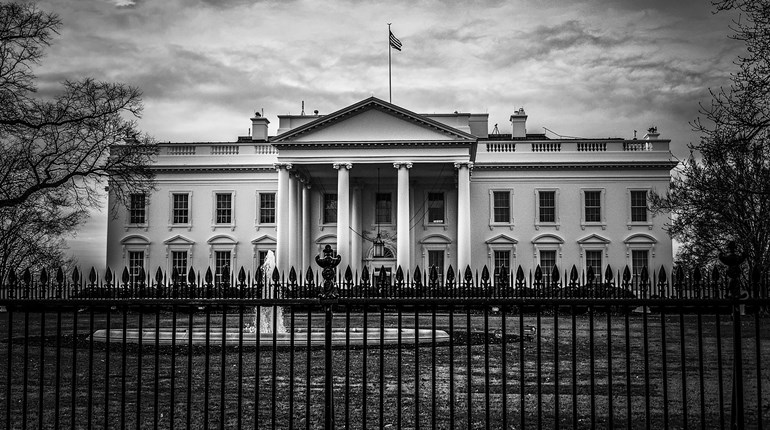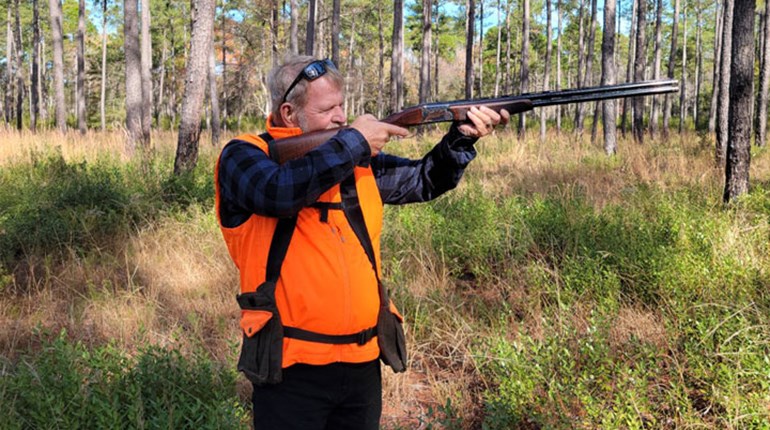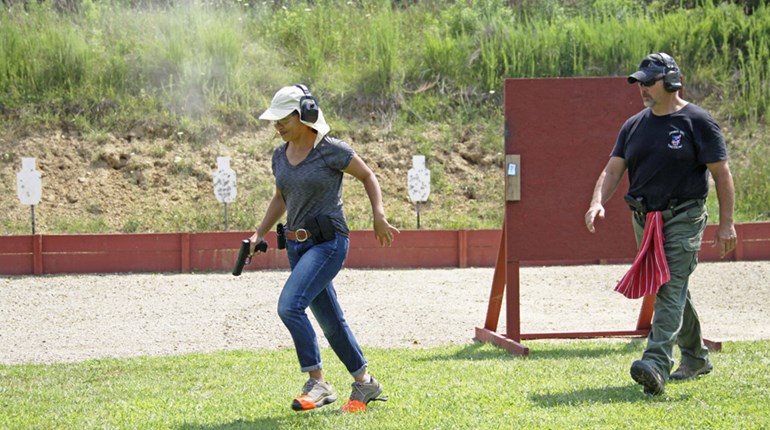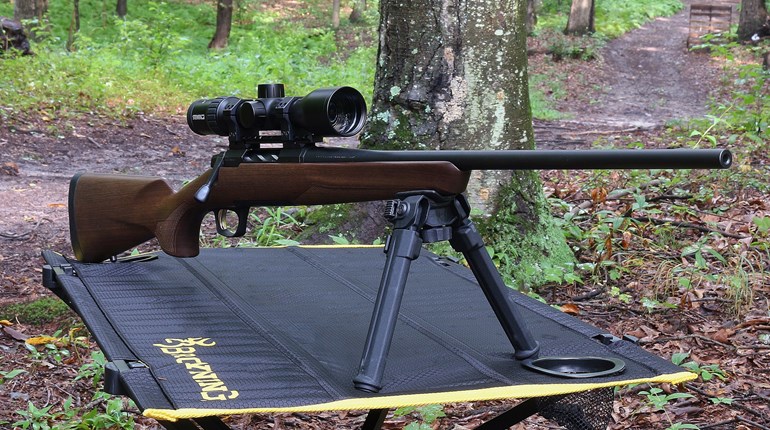
It’s sometimes hard for me to believe that it wasn’t until the late 1980s that the right to self-defense for law-abiding Americans truly began to be recognized in the modern era, and lawfully exercised, outside the confines of the home. Florida kicked off the movement to promote Right to Carry (RTC), with the 1987 passage of a “shall-issue” permit law.
While there had been a handful of states that had made some progress on RTC prior to Florida’s law, there wasn’t much media attention. The Sunshine State changed all of that.
The gun-control vitriol was unbelievable. Anti-gun lawmakers claimed passage of the law would lead to blood flowing in the streets, as minor traffic incidents would explode into Wild West shootouts. Those in the media opposed to our right to keep and bear arms—yes, I realize that’s most of them, and not much has changed today—tried to foment opposition to the effort, with some renaming Florida the Gunshine State.
Not only did they fail to stop passage of the law, but their doomsday predictions never came to fruition. We knew that would be the case, as the law-abiding citizens this law was designed to protect were not going to be magically transformed into violent criminals because of a simple piece of paper that removed many prohibitions on their right to carry a concealed firearm for personal protection.
Florida was the spark that ignited the fire of the national self-defense movement, and as that flame spread across the country, we saw the same failed anti-gun tactics used in Florida regurgitated in other states. While NRA used the Florida law as the model for RTC in other states, opponents used their own “Florida Model” of opposition. Everywhere legislation was introduced to improve the laws regulating the carrying of firearms for self-defense, anti-gun lawmakers and their supporters in the media said law-abiding gun owners could not be trusted, and tragedy would follow.
Time after time, those tactics failed, and the dire predictions failed to materialize, as we knew they would.
Between 1989 and 1998, we saw 20 states (with NRA support) pass new or greatly improved RTC laws.
By 2011, all but Illinois had a law on the books that allowed for some form of carrying a concealed firearm for personal protection—and the majority of those states had a “shall-issue” permit system—where a citizen could only be denied a permit because of something specific on her or his record. Even some of the “may-issue” systems that allowed the government to arbitrarily deny issuing a permit were, in practice, operating as “shall-issue.”
In 2013, Illinois joined the ranks of “shall-issue” states after being forced to adopt the law by an NRA-supported legal challenge.
Just before Florida began this surge in RTC laws, only six states had “shall-issue” permit laws. Illinois became the 42nd state to enact “shall-issue,” leaving only eight states with “may-issue” systems. That’s an amazing turnaround in roughly 25 years.
Although anti-gun extremists always claimed RTC would lead to more violence involving firearms, that never happened. Attorney and law professor David Kopel noted, “Whenever a state legislature first considers a concealed carry bill, opponents typically warn of horrible consequences ... But within a year of passage, the issue usually drops off the news media’s radar screen, while gun-control advocates in the legislature conclude that the law wasn’t so bad after all.”
In fact, a study by economist John Lott and David Mustard concluded, “allowing citizens to carry concealed weapons deters violent crimes ... [W]hen state concealed handgun laws went into effect in a county, murders fell by 8.5 percent, and rapes and aggravated assaults fell by 5 and 7 percent.”
And while all of this RTC expansion was going on, NRA was working to ensure the reach of these laws exceeded the confines of each individual state.
We knew that the right to self-defense should not end simply by crossing a state line, so NRA worked to promote the passage of laws to ensure states recognized the permits issued by other states. Some states wanted certain conditions met before they would recognize another state’s permit, such as having similar issuing standards. Others required reciprocity, a sort of quid pro quo, where they would only recognize another state’s permit if that state recognized theirs. These reciprocity states generally required a specific agreement be entered into between those states.
The gold standard we worked to pass were straight recognition laws—where a state simply said that if you are visiting from another state, and if that state issues a carry permit, and if you have a valid one, your permit will be recognized. Much like the system in place for driver’s licenses.
Today, 20 states have straight recognition, 20 have conditional reciprocity and 10 either do not recognize the permits of other states or have a conditional-reciprocity standard but have not entered into specific agreements with any other states.
Of course, getting every state to recognize every other state’s permits would be ideal. And to try to achieve this goal, NRA has been working tirelessly on federal legislation to establish a national RTC reciprocity or recognition standard. While we have seen progress on this front at times, even passing bills out of one chamber of Congress, federal legislation of this magnitude tends to move at a glacial pace.
In stark contrast, the state RTC movement has continued to pick up steam, with more and more states moving to permitless carry systems.
There are many circumstances where law-abiding Americans may need to carry a firearm for personal protection without the burden of a permit.
Sometimes referred to as “Constitutional Carry,” as the “permitless” name implies, it is law that removes the permit requirement from RTC. The premise is pretty simple. If you are not prohibited from purchasing or possessing a handgun, you can carry one for personal protection.
The modern-day movement to further remove the government from deciding which law-abiding citizens can and cannot carry a firearm for personal protection began in Alaska in 2003. But the idea is really not that new, as Vermont has never required its residents to obtain a government-issued permit before they can carry a concealed firearm. Many other states have had a similar lack of permit requirement, but with the caveat that the firearm carried for personal protection must not be concealed, but carried openly.
Like many of you, I have watched plenty of old westerns. Most of us have never given it much thought, but it would seem ludicrous to imagine that all those cowboys, ranchers and settlers carrying Colt Peacemakers on their hip would be required to also carry a piece of paper from some government agent saying it was OK to do so. And, as they wandered on horseback, they certainly didn’t have to wonder if they needed to get a new permit every time they meandered from one state (or territory) to another.
But not everyone wants to carry openly. And it is just silly to think that carrying a firearm for the world to see might be fine, but the second you throw on a jacket or drop the gun into your purse, you suddenly become a “problem.”
No criminal will ever follow the law, and there are many circumstances where law-abiding Americans may need to carry a firearm for personal protection without the burden of a permit. Whether that is during a state emergency due to a hurricane like Katrina or a woman who finds herself confronted with a stalker, law-abiding Americans shouldn’t have to wait to exercise their rights. After all, a right delayed is a right denied.
Permitless concealed carry for the law-abiding just makes sense, and states where respect for the Second Amendment remains high have been coming to realize that. In fact, the permitless movement is starting to spread as rapidly as the initial RTC movement that sprung out of Florida.
After Alaska’s law in 2003, Arizona followed in 2010, then Wyoming in 2011, and NRA has worked steadily over the years to further expand the list of permitless carry states. This year, I was thrilled to see five new states added, with one other a potential add-on as I sit down to write this.
Iowa, Montana, Tennessee, Texas and Utah have joined the ranks of permitless carry states in 2021, bringing the total to 21 states. Louisiana passed its own permitless carry bill, but, on June 24, Gov. John Bel Edwards (D) vetoed it. By the time you read this, we will know whether the Louisiana House of Representatives and Senate have decided to hold a veto session and whether they have voted to override the governor’s veto of this critical self-defense bill.
I am hopeful that Louisiana lawmakers will do the right thing and make the Sportsman’s Paradise the 22nd state to enact permitless carry. And while I appreciate all the progress made over the last 35 years on the RTC front, and am truly grateful to have been involved in so many of those advances, I know there is plenty of work to do in the future.
Together, we’ve accomplished a tremendous amount, but there’s still much more to do. We won’t rest until all law-abiding gun owners can freely exercise their right to self-defense with as little government intrusion into their lives as possible.


































